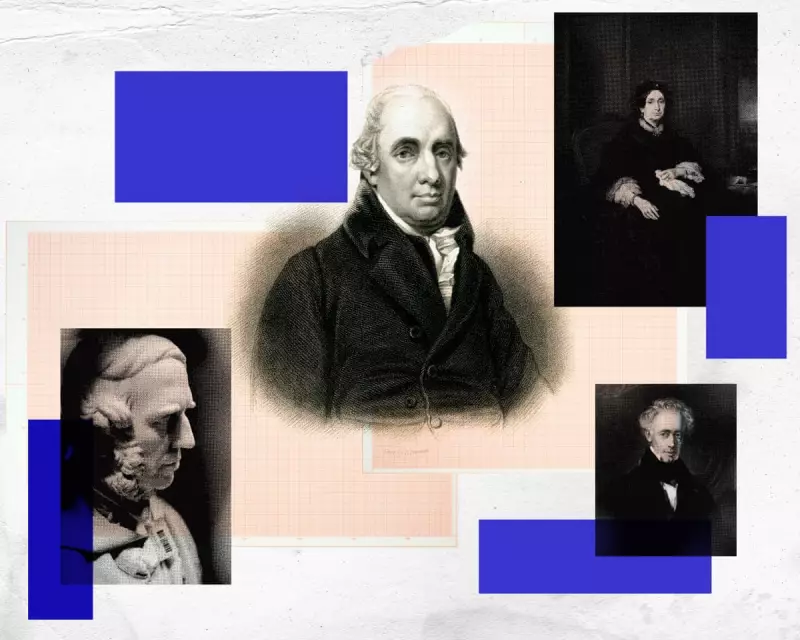
The University of Edinburgh has announced a sweeping inquiry into its historical connections with slavery and colonialism, marking a significant step towards acknowledging and addressing its past.
The investigation, led by a panel of experts, will examine the institution's financial and intellectual ties to transatlantic slavery, as well as its role in Britain's colonial history. The findings are expected to shape future policies on reparations, curriculum reform, and institutional inclusivity.
Why This Matters
As one of the UK's oldest and most prestigious universities, Edinburgh's reckoning with its past could set a precedent for other institutions. The inquiry follows similar initiatives by universities such as Glasgow and Cambridge, reflecting a broader movement within higher education to confront historical injustices.
Key Areas of Focus
- Financial Links: Assessing how wealth derived from slavery may have funded the university.
- Academic Complicity: Investigating how colonial ideologies influenced research and teaching.
- Legacy and Reparations: Exploring potential measures to address historical wrongs.
The university has pledged transparency throughout the process, with interim reports expected within a year.
Public and Academic Response
The announcement has been met with cautious optimism by campaigners, though some argue that tangible actions—not just research—are needed. Academics within the university have welcomed the move as a necessary step towards a more equitable future.
Edinburgh's inquiry adds momentum to a growing demand for accountability in institutions with colonial legacies, both in the UK and globally.





